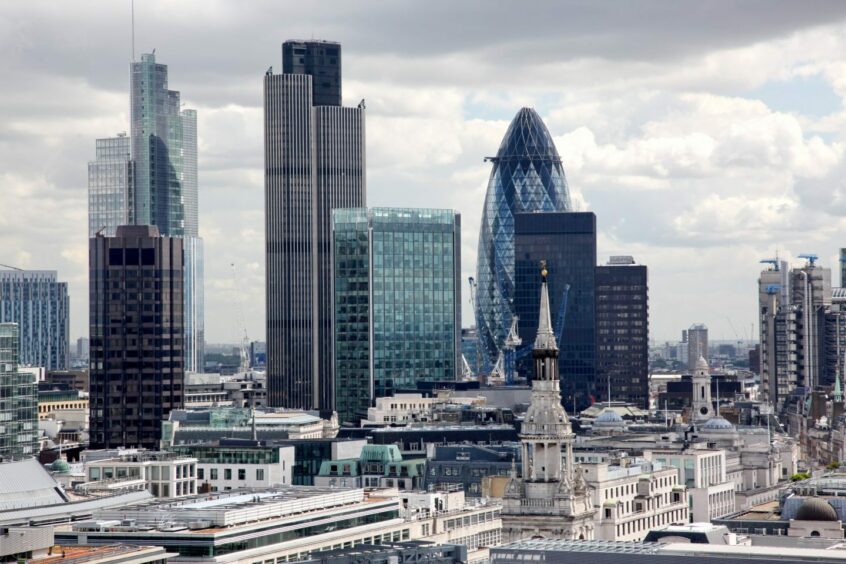
Shareholders have pocketed record payouts from companies around the world as oil companies handed massive dividends to their owners.
Analysis shows that $46.4 billion (£39.5 billion) was paid out by oil producers around the world in the three months to the end of September, a rise of more than three quarters compared to the same period last year.
It helped raise global payouts to around $416 billion, a record for the third quarter and up 10.3%, according to the Janus Henderson Global Dividend Index.
“The surge in oil dividends has coincided with reductions from the miners, though payouts from the sector are nevertheless very high by comparison to history,” said Janus Henderson’s Jane Shoemake.
“Like other commodities, energy prices are cyclical, and the oil price is already lower than levels reached earlier this year, so the current exceptional level of payouts is unlikely to be permanent.”
In the UK the tracker found that 84% of companies raised their dividends or held them steady over the quarter, compared to 90% globally.
The experts said that they now expect close to 1.6 trillion dollars to be paid out in dividends around the world.
Janus said that most of the increase in oil payouts was through so-called special dividends which are one-off affairs, rather than hiking the overall dividend which returns every year.
The biggest single increase came from Brazil state oil giant Petrobras.
It comes amid calls and policies in many countries around the world to tax the excess profits of oil majors during the current crisis.
The prices of oil and gas have largely been pushed up by the war in Ukraine, and a post-lockdown boom in demand.
Apart from the mining sector, which slumped on lower commodity prices, dividends grew in nearly every sector. The report singled out the transport sector – which includes shopping – banks, semiconductors and chemicals firms.
The US, Hong Kong, Canada and Taiwan were some of the best performing countries, while growth in Chinese dividends lagged the rest of the world as the country’s real estate sector suffers.
“Moving into 2023, slower global economic growth is likely to have an impact on profits and the ability of some companies to grow payouts,” Ms Shoemake said.
“But dividend cover, the relationship between a company’s earnings and its dividends, is near historic highs; this is because profitability is currently strong while the pandemic resulted in many companies rebasing dividends to more sustainable levels.
“This may provide some support even if profits come under pressure in 2023. Crucially, dividends vary much less over the economic cycle than profits as companies seek to maintain a sustainable level of income for their investors.”
